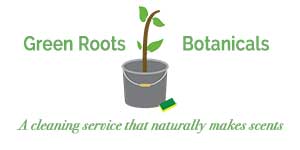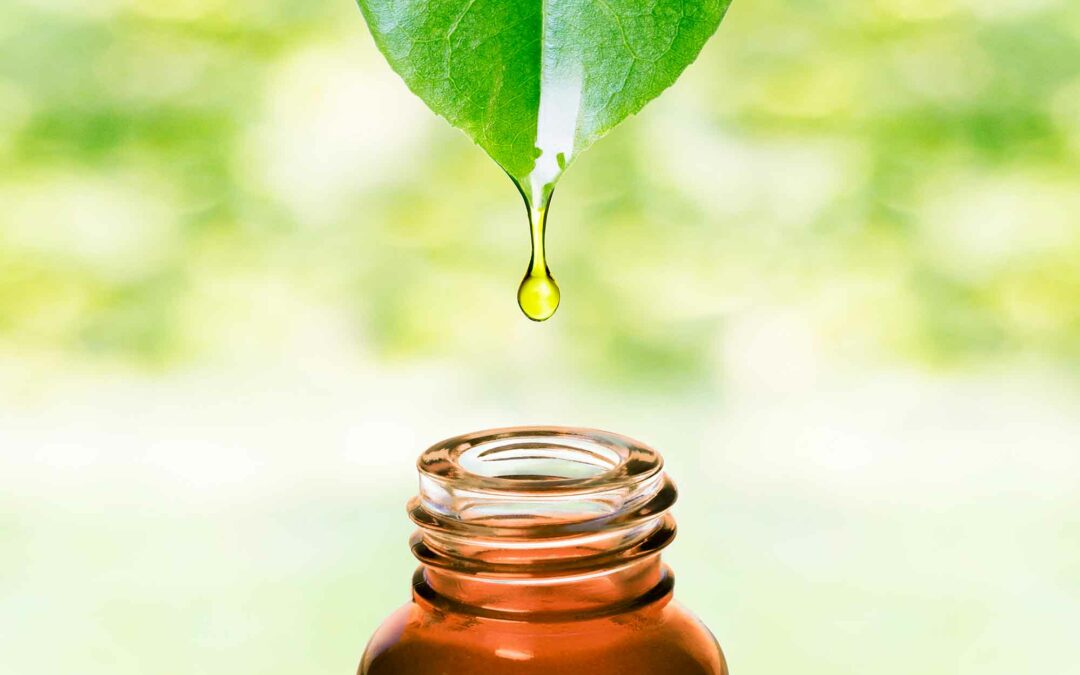Aromatherapy Unveiled: Mastering the Art of Using Essential Oils for Health and Wellness
Welcome, fellow aromatherapy enthusiasts! Whether you’re a seasoned pro or just dipping your toes into the world of essential oils, this guide is here to accompany you on your journey to harnessing the power of nature’s aromatic wonders.
What are Essential Oils?
- Definition and Extraction: Essential oils are highly concentrated plant extracts obtained through various methods such as distillation, expression, or solvent extraction.
- Common Types and Properties: From calming lavender to invigorating peppermint, essential oils come in a vast array of types, each possessing unique therapeutic properties.
- Importance of Purity and Quality: Ensuring you’re using pure, high-quality essential oils is crucial for reaping their full benefits.
Understanding the Benefits of Essential Oils
- Therapeutic Properties: Essential oils boast a myriad of therapeutic properties, including antimicrobial, analgesic, and anti-inflammatory effects.
- Mental and Emotional Benefits: Harnessing the power of scent, essential oils can uplift mood, alleviate stress, and promote relaxation.
- Physical Health Benefits: From soothing sore muscles to supporting immune function, essential oils offer a holistic approach to health and wellness.
Safety Precautions
- Dilution Guidelines: Always dilute essential oils before applying to the skin to prevent irritation or sensitization.
- Patch Testing: Perform a patch test before using a new essential oil to ensure compatibility with your skin.
- Potential Interactions and Contraindications: Some essential oils may interact with medications or pose risks for certain individuals, so it’s essential to do your research.
- Safe Usage for Different Age Groups: Adjusting dilution ratios and choosing appropriate oils is paramount when using essential oils on children, pets, or the elderly.
Methods of Using Essential Oils
-
Inhalation:
- Direct Inhalation: Simply inhale the aroma of an essential oil from the bottle or your palms.
- Diffusion: Utilize a diffuser to disperse essential oils into the air, creating a therapeutic ambiance.
-
Topical Application:
- Dilution Ratios: Follow recommended dilution ratios to ensure safe and effective topical application.
- Application Methods: From massages to baths, there are numerous ways to incorporate essential oils into your skincare and self-care routines.
Essential Oil Recipes and Blends
- Stress Relief Blend: A harmonious blend of lavender, bergamot, and chamomile to melt away tension.
- Immune Support Blend: Fortify your defenses with a combination of eucalyptus, tea tree, and lemon essential oils.
- Sleep Aid Blend: Drift off into dreamland with a soothing blend of cedarwood, marjoram, and lavender.
- DIY Skincare Recipes: Pamper your skin with homemade facial serums, body oils, and scrubs infused with essential oils.
- Cleaning and Purifying Blends: Harness the natural antibacterial properties of essential oils to create non-toxic household cleaners and air fresheners.
Incorporating Essential Oils into Daily Life
- Morning Routine: Start your day on the right foot by diffusing uplifting citrus oils or adding a drop of peppermint to your shower gel for an invigorating boost.
- Work Environment: Create a conducive atmosphere for focus and productivity by diffusing rosemary or peppermint essential oil in your workspace.
- Evening Relaxation Rituals: Wind down after a long day with a soothing lavender-infused bath or a relaxing massage with chamomile oil.
- Travel Tips: Pack a portable diffuser and a few travel-sized essential oils to combat travel fatigue and stay grounded on the go.
FAQs about Essential Oils
- Can essential oils be used during pregnancy?: While some essential oils are considered safe during pregnancy, it’s essential to always consult with a qualified aromatherapist or healthcare provider.
- How to store essential oils properly?: Store essential oils in dark glass bottles away from heat, light, and moisture to preserve their potency.
- Can essential oils expire?: Over time, essential oils may lose their potency, so it’s best to use them within their recommended shelf life.
- How to choose the right essential oils for specific needs?: Consider factors such as aroma preference, desired therapeutic effects, and any existing health conditions when selecting essential oils.
Resources and Further Reading
- Recommended Book The Heart Of Aromatherapy
- Courses or Workshops: Online Aromatherapy Certification Course
As we conclude our aromatic journey, I hope this guide has empowered you to embrace the transformative potential of essential oils for health and well-being. Remember, the key to reaping the full benefits of aromatherapy lies in understanding proper usage, respecting safety precautions, and tuning into the wisdom of nature’s botanical treasures. Here’s to your continued exploration and discovery on the path to holistic wellness!
The information provided here is intended for educational purposes only and is not a substitute for professional medical advice, diagnosis, or treatment.
Some of the links on this website are affiliate links, which means that we may earn a commission if you click on the link or make a purchase using the link.


